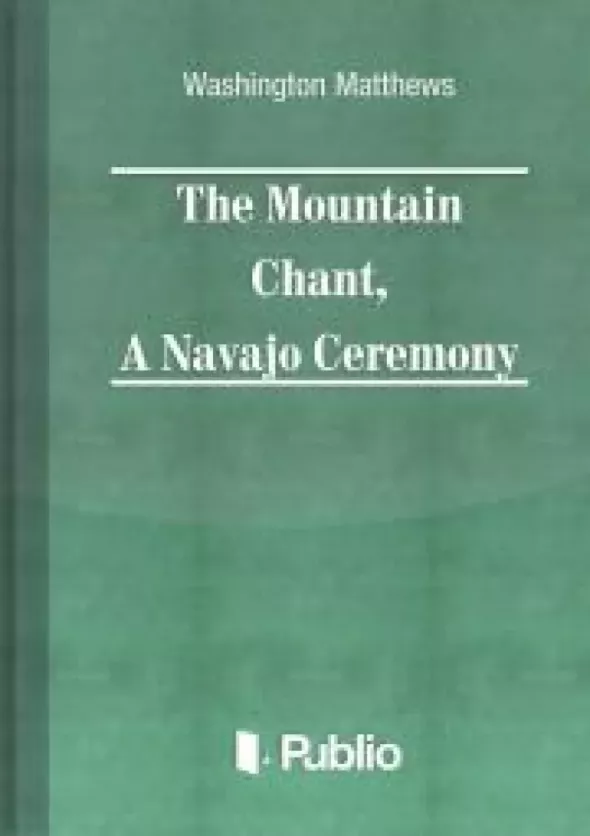
The ceremony of dsilyídje qaçal, or mountain chant—literally, chant towards (a place) within the mountains—is one of a large number practiced by the shamans, or medicine men, of the Navajo tribe.
Raktári kód:
180636
Oldalszám:
120
Szállítás:
Azonnal
Elérhető nálunk:
.ePub formátumban
Eredeti ár:
690 Ft
Adatok
The ceremony of dsilyídje qaçal, or mountain chant—literally, chant towards (a place) within the mountains—is one of a large number practiced by the shamans, or medicine men, of the Navajo tribe. I have selected it as the first of those to be described, because I have witnessed it the most frequently, because it is the most interesting to the Caucasian spectator, and because it is the best known to the whites who visit and reside in and around the Navajo country. Its chief interest to the stranger lies in the various public performances of the last night. Like other great rites of the shamans, it has its secret ceremonies of many days’ duration in the medicine lodge; but, unlike the others, it ends with a varied show in the open air, which all are invited to witness. Another ceremony which I have attended, and which the whites usually call the “Ya?bichy Dance” (Yebitcai), has a final public exhibition which occupies the whole night, but it is unvaried. Few Europeans can be found who have remained awake later than midnight to watch it. Such is not the case with the rite now to be described. Here the white man is rarely the first to leave at dawn.
Vélemények
Hírek

